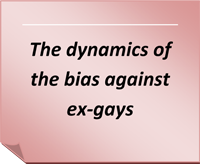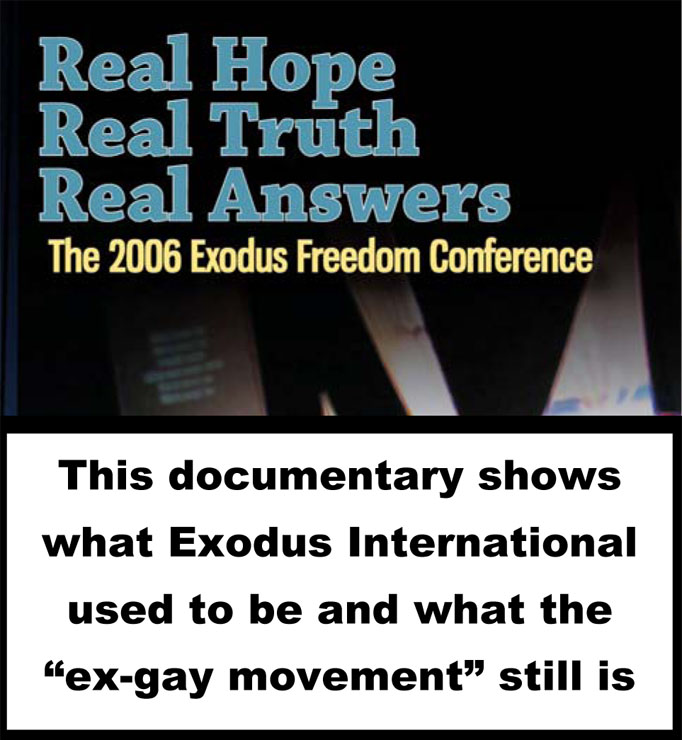The American Psychological Association gay scandal of 2009
By Thomas Coy
What do the 2009 Miss USA Pageant and the 2009 actions of the American Psychological Association have in common? The answer lies in the actions of the gay activists these organizations empowered.
For some politically correct reason the Miss USA Pageant chose a gay activist to be one of their judges in 2009. They either foolishly believed that the gay activist would be objective or they didn’t care if he wasn’t. What happened was a disgrace to the Miss USA pageant. The gay activist, Perez Hilton, used the pageant as a political forum and discriminated against one of the finalists because of her religious belief that marriage should be between one man and one woman.
Perez Hilton admitted he gave Carrie Prejean, Miss California, a zero after she answered his question on marriage, and most analysts agreed that score of zero cost Miss Prejean the Miss USA crown. The gay activist later wrote a blog on Carrie Prejean calling her a B_tch and a C___. Perez Hilton also defaced a picture of Carrie Prejean on his website by drawing a white outline of a penis on her face.
These outrageous and discriminatory actions by Perez Hilton were very costly to Miss Carrie Prejean and offensive to all who share her beliefs, but in comparison they were only a rip tide of discrimination compared to the tsunami created by gay activists empowered by the American Psychological Association.
Biased task force
The American Psychological Association (APA) has long empowered gay activists within its organization, and APA publications on homosexuality preach gay viewpoints. Since 1980 the APA has taken direction from gay activists through their Committee on Lesbian, Gay, Bisexual, and Transgender Concerns. In 2007 this committee of gay activists was empowered to review, suggest, and forward the names of APA members to serve on a task force to review the current scientific research on the therapeutic success of changing sexual orientation.
Although the sexual orientation of the task force members was not made public, from their published writings it appears the six person task force had at least four members that could be considered gay and lesbian activists. Historically, gay activists have sought to discredit ex-gays, because the very existence of ex-gays undermines the gay rights movement. Ex-gays are proof that sexual orientation can be changed and that homosexuality is not a condition individuals are born with. Many ex-gays also see their former homosexuality as a disorder.
The gay dominated APA task force recommended that medical professionals not inform their clients that sexual orientation can be changed. It was passed by the APA as a resolution in April of 2009. Brazenly, a professional organization of psychologists had once again chosen to support the agenda of the gay political movement over the interests of the individual client.
The detrimental effects of the APA resolution are that parents will continue to be uninformed of information that can help direct their children into a heterosexual identity. Adolescents confused over their sexual identity will not be guided into heterosexuality , but told to experiment with sexual orientation or led toward a gay identity. The client desperate to change his unwanted same-sex attractions will not even be told that it is possible for him to change his homosexual attractions to heterosexual attractions. The public should be outraged!
Brief history of sexual orientation change
Sexual orientation change from homosexual to heterosexual through psychotherapy has been documented for over fifty years. The documented success rate of clients who sought to change their homosexual orientation has varied with the skill of the psychotherapist, but seemed to average around 30 percent for psychotherapists treating homosexuality as a disorder based in the clients childhood. A 30 percent success rate is similar or better than the success rates of treating smoking or alcoholism with psychotherapy. Alcohol, nicotine, and sex stimulate areas of the brain and nervous system with pleasure, so it makes logical clinical sense that psychotherapeutic changes in those behaviors would have similar success rates.
An early pioneer of sexual orientation psychotherapy, Edmund Bergler, M.D., reported in 1956 that he had successfully helped one hundred homosexual clients change their sexual orientation to heterosexual. Irving Bieber, M.D. and nine other medical professionals published a ground breaking study in 1962 that documented 27 percent of the homosexual clients in the study shifting to exclusive heterosexuality. Lawrence Hatterer, M.D. recorded in 1970 that 49 out of the 200 homosexual clients he treated were no longer homosexuals. Charles Socarides, M.D. stated in 1995 that his success rate of helping motivated homosexuals change their sexual orientation was about 35 percent. Both Bergler and Socarides treated homosexuality as a disorder of psychic masochism stemming from unresolved issues in early childhood development. These psychiatrists and their clinical results were hostilely protested by gay leaders in the 1960s and 70s.
In the new millennium Joseph Nicolosi, Ph.D. has developed psychotherapeutic techniques that have a 30 percent success rate of changing homosexual orientation to heterosexual in motivated clients. The Christian ex-gay ministries of Exodus International also claim a 30 percent success rate in helping individuals overcome homosexuality. In response to gay activists who charged that the Exodus ministries were harmful to homosexuals, Stanton Jones, Ph.D. and Mark Yarhouse, Psy.D. conducted a longitudinal study on sexual orientation change achieved through the Exodus ministries. Their results published in 2007 found no meaningful evidence that the attempt to change sexual orientation through the Exodus ministries causes harm. Nicolosi and Exodus also report that half of those who are unable to change their sexual orientation still benefit from their effort.
Institutional bias
The chairperson of the APA task force was lesbian psychologist Judith Glassgold, Psy.D. She recently co-edited a book with another task force member Jack Drescher, M.D., an outspoken gay psychiatrist. Their book argues that psychologists should use psychotherapy to urge homosexual clients to become activists for gay causes. In the book Judith Glassgold summarized her professional philosophy, “psychotherapists must abandon the practice of seeing mental health issues as individual problems and more willing to see these issues as the consequences of social injustice.” (Activism and LGBT Psychology, page 37)
In reality the APA and most other medical professional organizations have already adopted the Glassgold position on homosexuality. Beginning with the American Psychiatric Association’s removal of homosexuality from its list of diagnostic disorders in the 1970s, professional medical associations have overwhelmingly put the interests of the gay community over the interests of the individual homosexual client and clients with sexual identity confusion. The former disorder status of homosexuality was based on clinical evidence and the medical associations have purposely ignored the clinical evidence to appease gay activists.
The continuing collusion between the APA and gay activists, and the disregard of those with unwanted same-sex attractions has disgraced the American Psychological Association. But unlike the Miss USA Pageant, the collusion is not a random act of discrimination. It is institutionalized malice that impacts every corner of the nation.
(Thomas Coy has been working on a master’s thesis researching the treatment of homosexuality and produced the award winning independent documentary, Real Hope, Real Truth, Real Answers, on the Christian ex-gay movement.)
Related Article: NARTH response to the APA Task Force resolution




